It became one day shorter before the Tokyo 2020 Olympic Games, but the Silver Week – created to encourage the hard-working Japanese to take a vacation week in fall as well as spring – is still a common occasion for family outings. Especially since the anchor day is Respect For The Elderly day, and those elders are often grandparents. Read on to find out more.
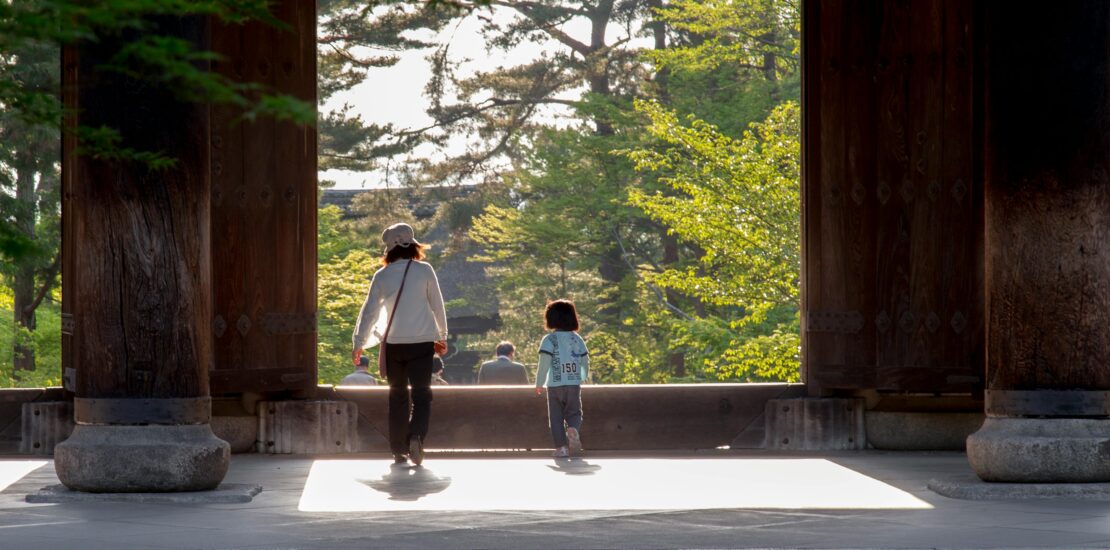
Silver Week 2026 in Japan: A Five-Day Autumn Holiday You Didn’t Know About
Golden Week is probably familiar to most visitors to Japan, at least those who try to plan their own travel and are surprised by the sudden hike in prices. A week full of holidays, Golden Week is sometimes presented as a nine-day weekend. This is actually true during certain years, when there really are nine holidays in a row during Golden Week.
Five-day Silver weekend in 2026
What you may not realize is that there is a corresponding week during autumn (unless you try to book a room in a popular hot spring resort in September). Although it does not happen very often, one of the holidays is determined by the autumn equinox, when the day and night are of equal length, marking the beginning of autumn and the end of the summer season. The equinox, being determined astronomically, does not fall on the same day every year. It is uncommon that it falls on a Wednesday, but this will happen in 2026.
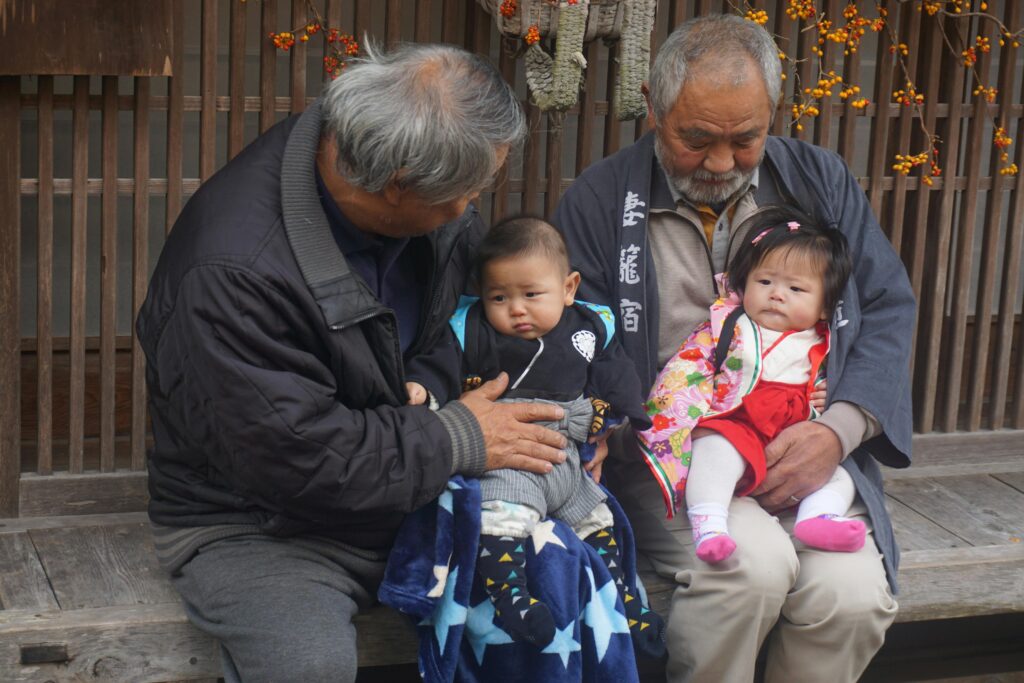
And it is not a nine-day weekend, but a five-day weekend. In 2026, there will be three holidays in a row directly after the weekend. This is because in Japan, when a working day falls between two legal holiday days, that day becomes a holiday too. So in 2026, when Respect For The Elderly Day falls on Monday, which is September 23, and the Autumn Equinox on Wednesday, September 25, that means September 24, 2026, will be a day between two holidays, which makes it a holiday in itself.
Parents Take Silver Week Vacation Days
It is possible (but, given the Japanese work ethic, not likely) that companies will close for Thursday and Friday since those days are squeezed in between the holidays and the weekend, although schools and government offices may be open. Most probably, employees will have to take vacation days in case they want a full week of holiday. Many nowadays do, especially young parents.
Schools Do Not Close
The schools do not close just because there are two rump days in the calendar. But that does not necessarily mean that students have to go there. Schools may have planning days, which means the children get the day off even though the teachers are working.
Parents may want to save their vacation days, since sick days are non-existent, and redeeming unused vacation days at the end of the year is a small but noticeable increase in salary. Especially since overtime compensation is largely a thing of the past.
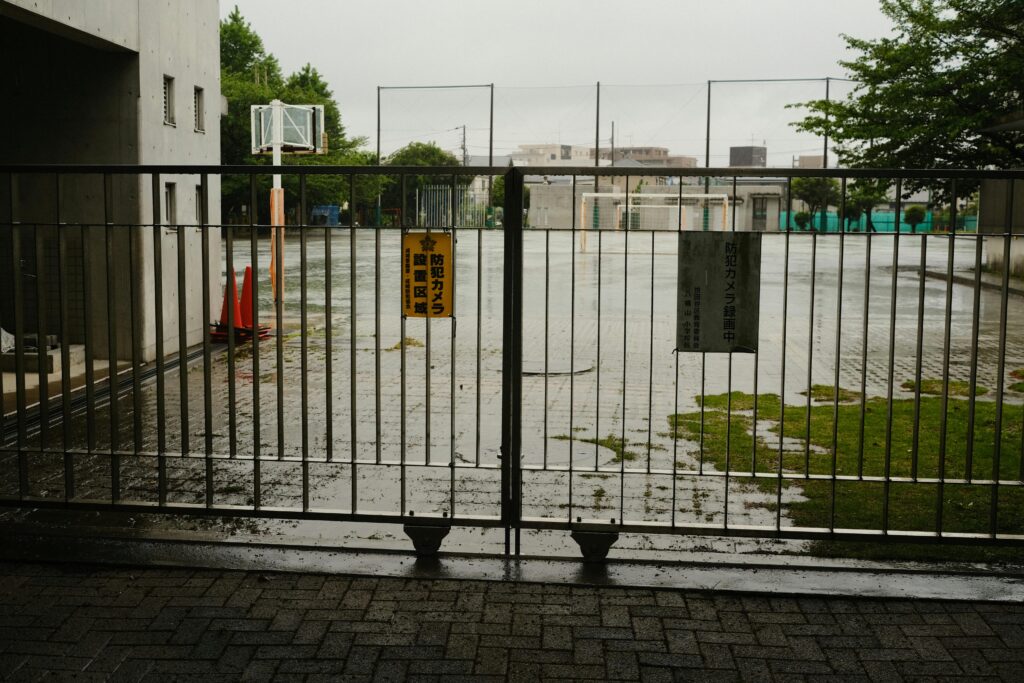
But grandparents, who often are retired and do not have the same constraints as their working-age children, may take the time to go away on trips with their grandchildren. Usually day trips, but younger grandparents are alert and fit enough to go away on an overnight trip. For instance, to an onsen to see the autumn leaves.
Strictly Silver Secular Equinox
The Autumn Equinox may sound like a religious holiday, but it is strictly secular. There are no religious holidays in Japan; they are actually forbidden by the constitution. Even the important Buddhist celebration in August, when the dead come back to walk among the living for a few days, is not a holiday in Japan. Nor is Christmas, despite being celebrated with gusto.
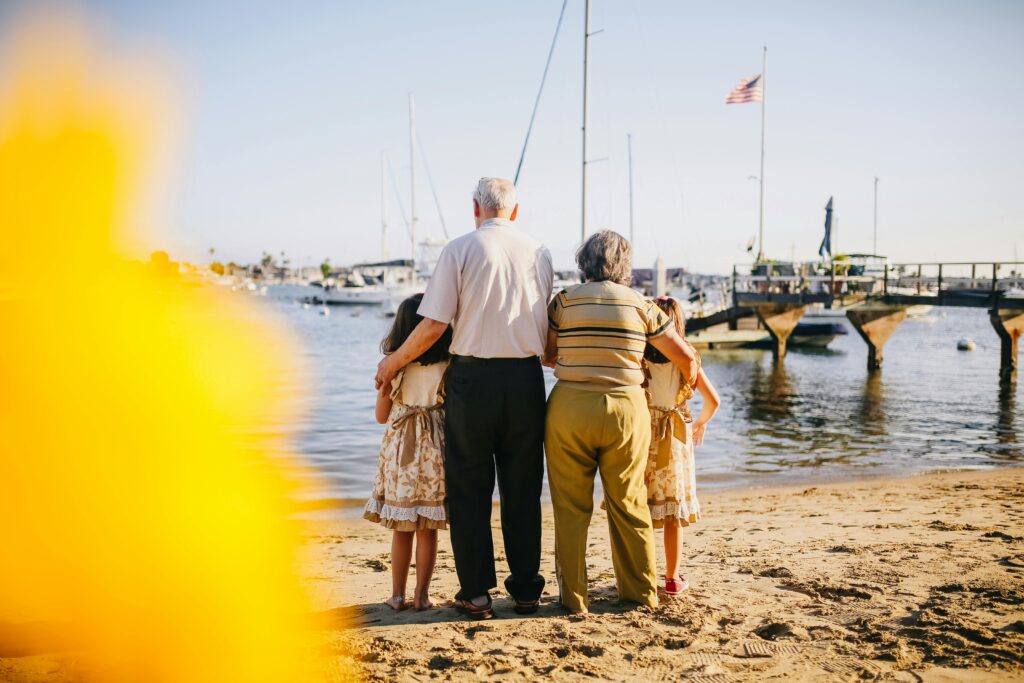
The Japanese calendar only has secular holidays determined by the central government, which means that coordination is easy. With the exception that there are local holidays, in particular ”Prefecture People’s Day” or Kenmin no Hi (県民の日) in most prefectures, when government offices and schools are closed. This often falls in September or October, but not usually during Silver Week. Businesses will not be closed, but government offices and schools will be. Often, attractions run by local governments will be free. Free, of course, means attracting a lot of visitors (both locals and from the big cities, like Tokyo). The Prefecture People’s days are not centrally coordinated, so you may be surprised by the crowds when visiting a local attraction.
The opposite of Golden Week
However, Silver Week is the annual opposition of Golden Week. The name was actually coined by the film industry to promote families going to the movies together. But it came naturally also because it was anchored by the Respect For The Elderly Day, and due to their hair color, things to do with the elderly are often referred to as ”silver” in Japan.
Silver Week, when it happened in 2009, was promoted as a way to encourage domestic tourism. This was when the yen was still expensive, and there were few foreign visitors.
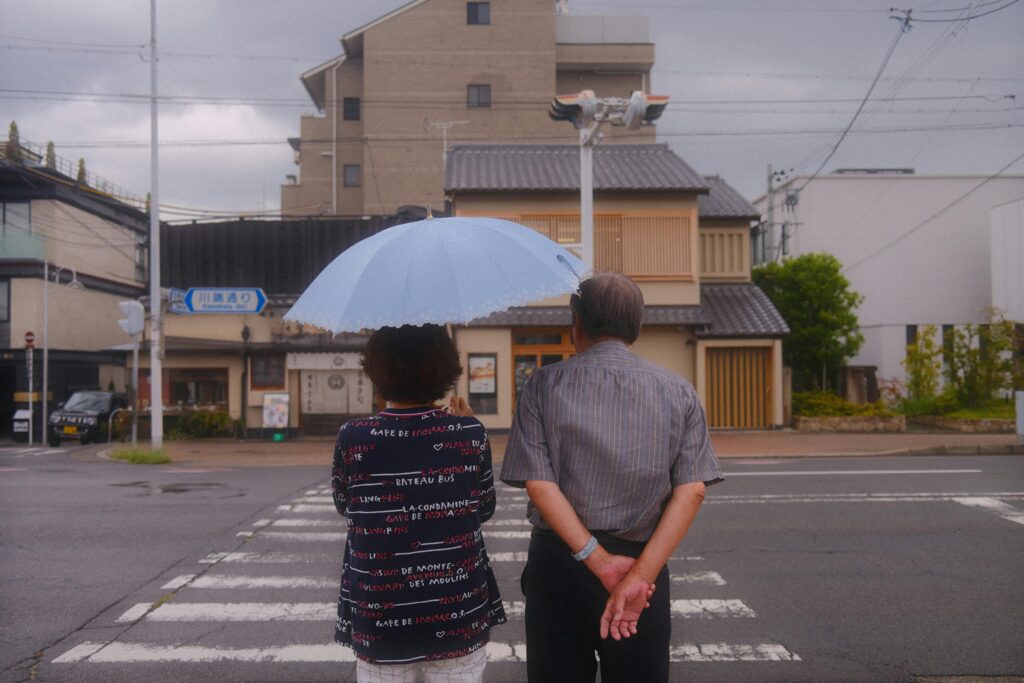
It started taking off nicely, and Silver Week became a family travel occasion, despite fewer holidays in a row in the following years. It helps that the timing coincides with the first turning of the autumn leaves, coloring the mountains of the northernmost provinces in gorgeous fall colors. This is a traditional travel destination, with thousands of people visiting scenic spots. Often at the same time.
Fall color Hot Springs in Silver Week
The scenic fall color spots are often located near the many hot spring towns that dot the Japanese countryside and vacation landscape. With so few children born in Japan, grandparents appreciate the time they can have with their grandchildren. And the onsen hotels quickly adapted, adding playrooms for the kids and chocolate fountains to the buffets.
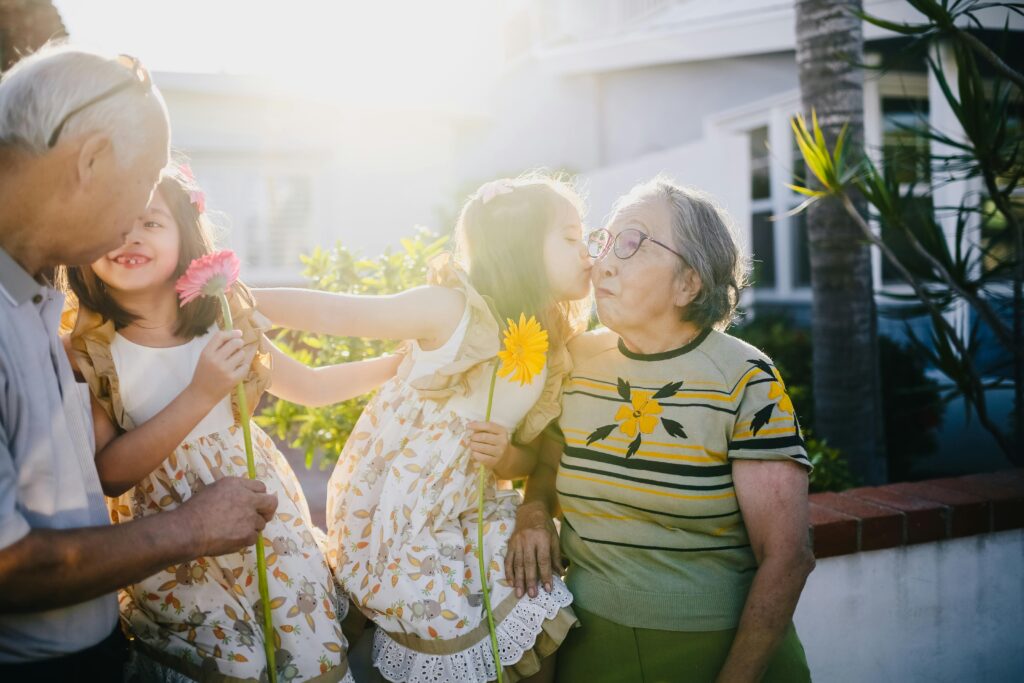
But then COVID came, and all travel was cancelled. Hotels closed, travel operators cancelled, and travel outside the own prefecture was prohibited without good reason. This then evolved to a request on working from home, and did not return to the previous state until the extensive Japanese vaccination program had taken full effect.
No More Travel Abroad
When travel returned to normal, the yen had tanked. Before COVID, it was possible for a Japanese family to go on vacation in Hawaii. But after the pandemic, the cheap yen (and the correspondingly rising prices for air tickets and hotel stays) have made foreign travel impossibly expensive for most people.
But that should not be a problem? There is enough to see in Japan, right? And lots of things for a pair of spry grandparents to do with their grandkids? More than enough for a lifetime. But there is a problem for Japanese travelers: foreign visitors have discovered the charms of Japan, too.
Stay tuned for more exciting content like this! Follow us on our social media platforms and check out our blog regularly to stay updated on the latest news, trends, and insider stories from Japan. Don’t miss out on future updates—sign up for our newsletter for exclusive content delivered straight to your inbox!



